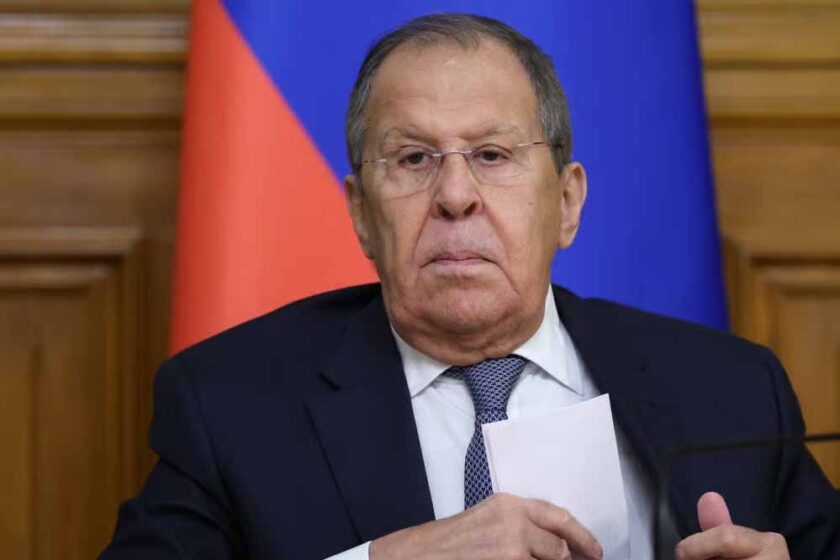Washington: U.S. President Donald Trump has expressed strong displeasure over Russian President Vladimir Putin’s remarks on Ukrainian President Volodymyr Zelensky. On Sunday, Trump stated that he was extremely upset by Putin’s criticism of Zelensky. He further warned that if the Russian president does not agree to a ceasefire, the U.S. would impose tariffs on Moscow’s oil exports. In a phone interview with NBC News, Trump mentioned imposing a 50% tariff, which would impact countries purchasing Russian oil. He also held Russia responsible for the ongoing war in Ukraine.
Trump stated, “If Russia and I are unable to reach an agreement to halt the bloodshed in Ukraine, and if I believe it is Russia’s fault—which may not be the case—I will impose secondary tariffs on all Russian oil imports.” This statement marks a shift in Trump’s stance toward Putin compared to his previous positions.
Trump Furious Over Calls to Remove Zelensky
Trump’s anger toward Putin escalated when the Russian president suggested removing Zelensky and forming a new government in Ukraine. Speaking to NBC, Trump remarked, “This is not heading in the right direction.” Previously, Trump had criticized Zelensky and even called him a dictator, but now he appears to be taking a firm stance against Russia. “I was very angry, frustrated when Putin began questioning Zelensky’s credibility because that was not the right direction. Do you understand?” he said.
Warning to Russia’s Economy
Trump also issued a warning to Russia’s economy, stating that the U.S. could increase all Russian oil tariffs from 25% to 50%. This move would mean that countries purchasing Russian oil would not be able to trade freely with the U.S. However, he also hinted at potential reconciliation between the two leaders, adding, “Putin knows I am angry, but my anger will subside quickly if he does the right thing.”
Analysts Weigh In
The big question now is: if Russia does not agree to a ceasefire and Trump imposes a 25-50% tariff on Russian oil exports, which countries will bear the brunt? Analysts and officials suggest that China and India would be most affected if Trump enforces such tariffs on Russian oil buyers.
Since the Russia-Ukraine war began in 2022, Western nations, including the U.S., have imposed strict economic sanctions on Russia, banning its oil exports. However, India, China, and a few other countries continued purchasing Russian oil. If the U.S. imposes secondary tariffs, not only could it reduce Putin’s oil revenues, but also financially strain nations that continue trading with Russia. Although China has not officially joined Western sanctions against Russia, it has been cautious to avoid violating them due to fears of secondary tariffs. For example, some Chinese banks have reduced transactions with Russian companies to avoid potential international banking restrictions.

India Surpasses China in Russian Oil Imports
According to UBS analyst Giovanni Stannovo, who spoke to The Guardian, “Just as Trump targeted buyers in the case of Venezuelan oil, he could do the same with Russia. This move would impact China and India significantly. However, we need to see what official announcements follow in the coming days.” Notably, India has surpassed China to become the largest buyer of Russian seaborne crude oil.
Other Countries That Could Be Affected
In 2024, approximately 35% of India’s total crude oil imports came from Russia. Since the beginning of the Ukraine war, India has continued to buy Russian oil but is now concerned about potential U.S. tariffs. Apart from India and China, Turkey is another major buyer of Russian oil, along with Bulgaria, Indonesia, South Korea, Slovakia, Hungary, and Pakistan, which recently struck a deal with Russia for crude oil purchases.
The coming weeks will reveal whether Trump follows through on his tariff threats and how Russia and its major oil buyers respond to this geopolitical challenge.










